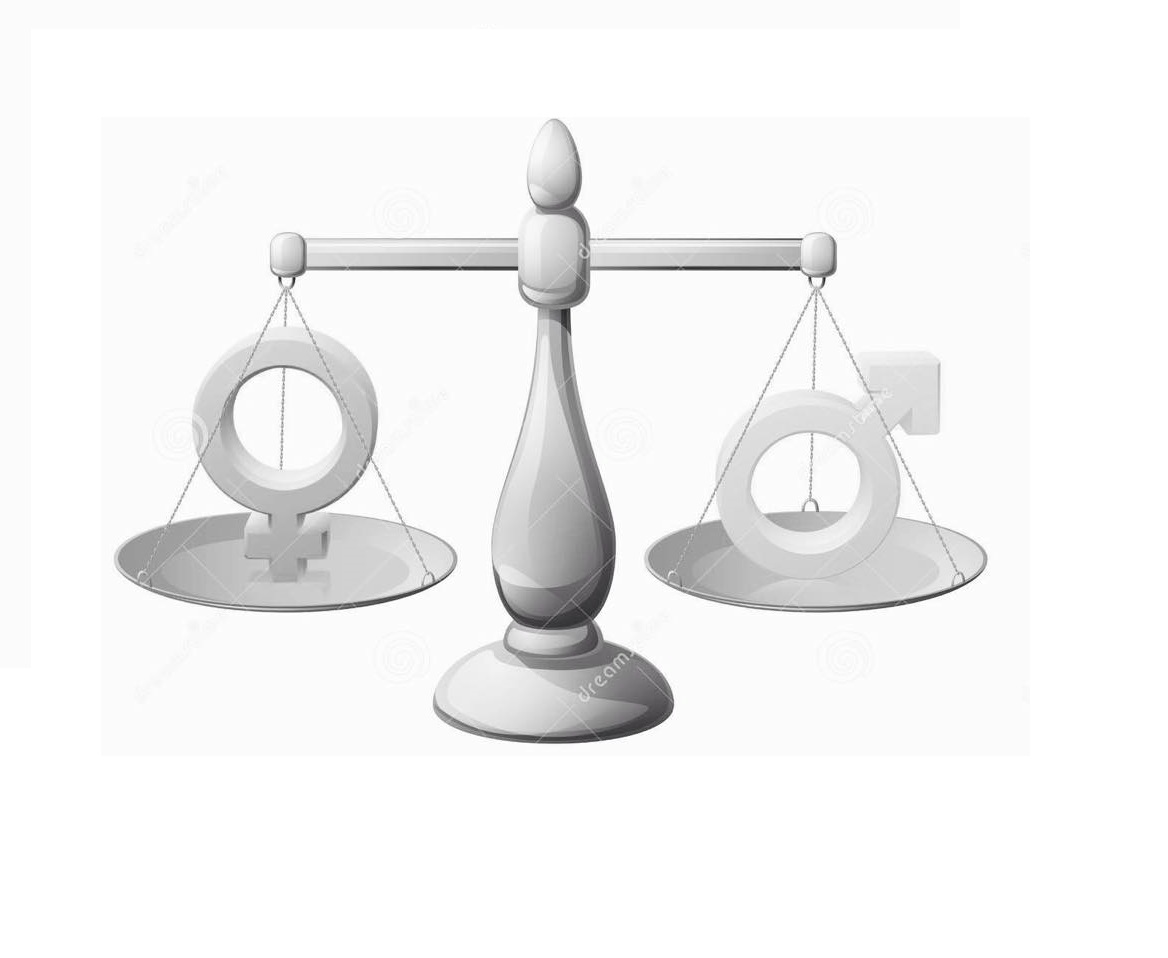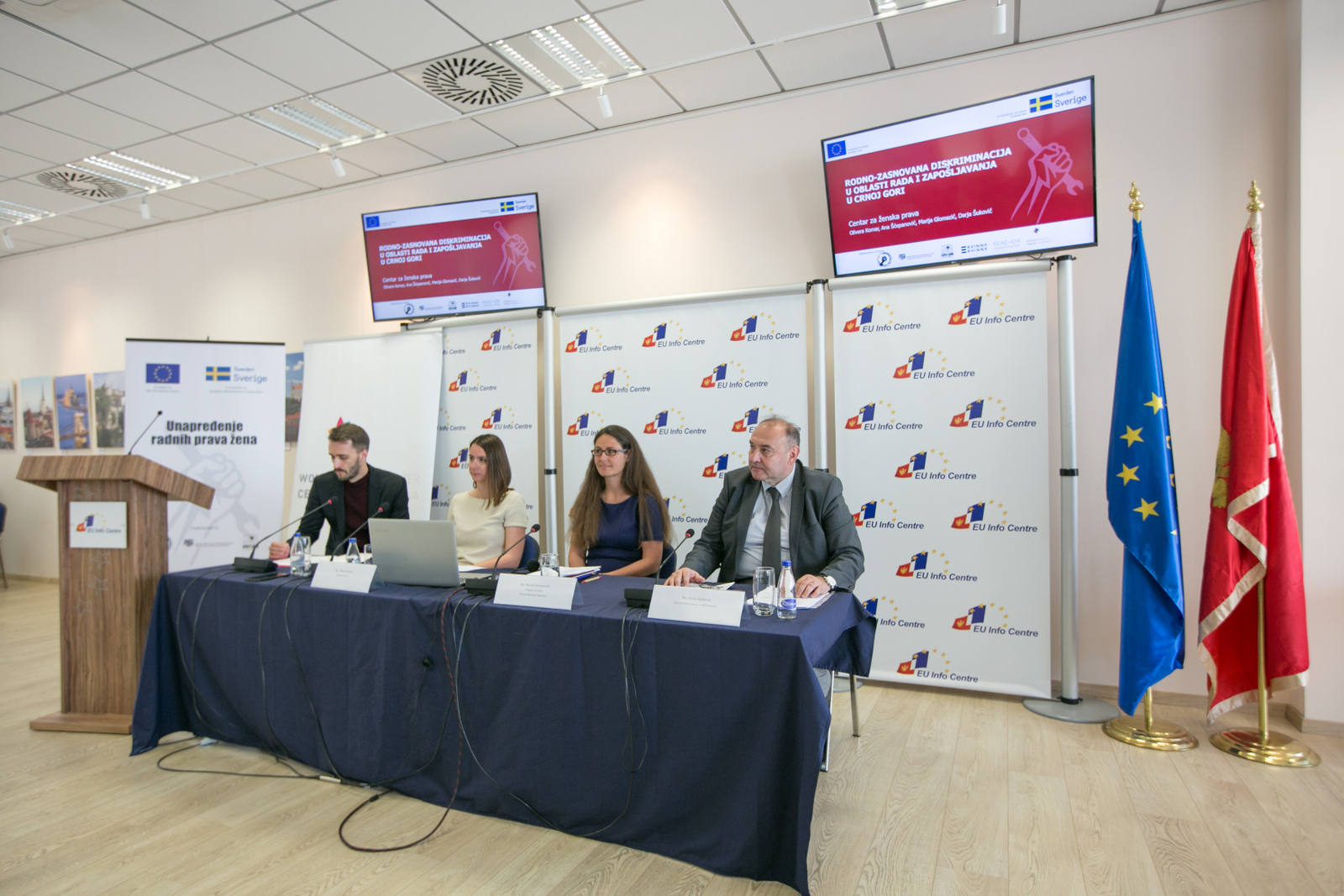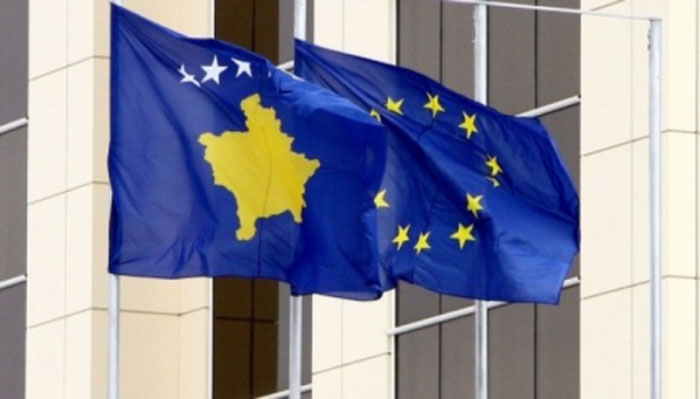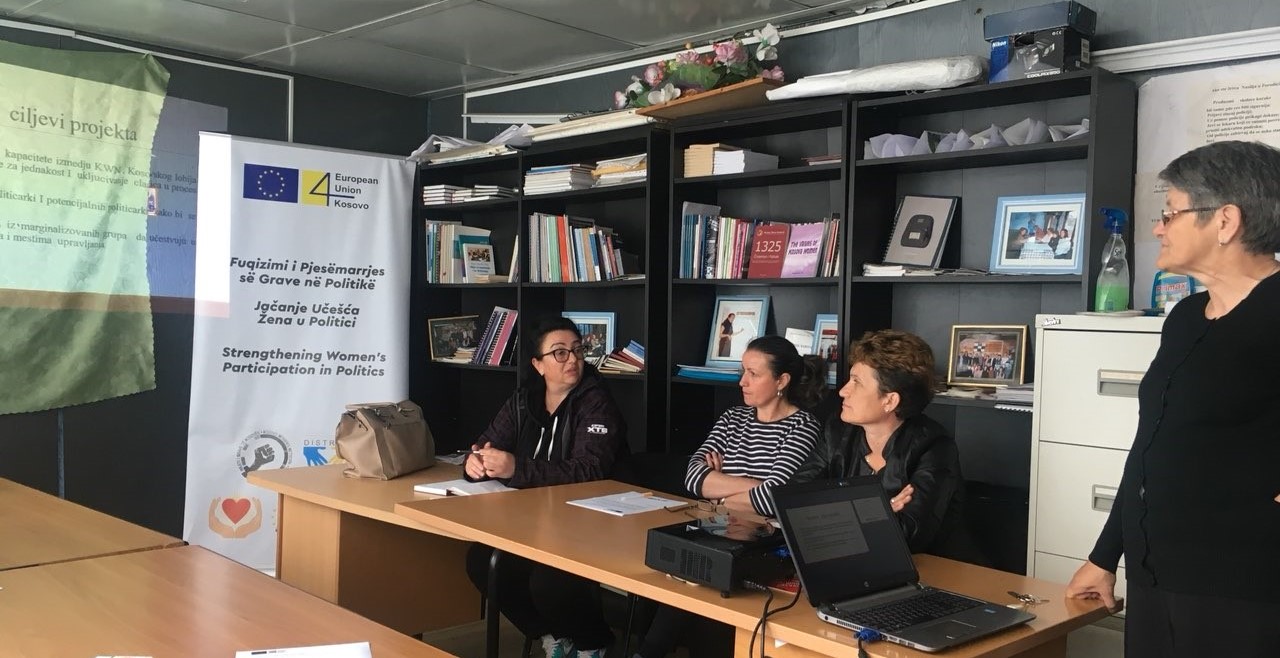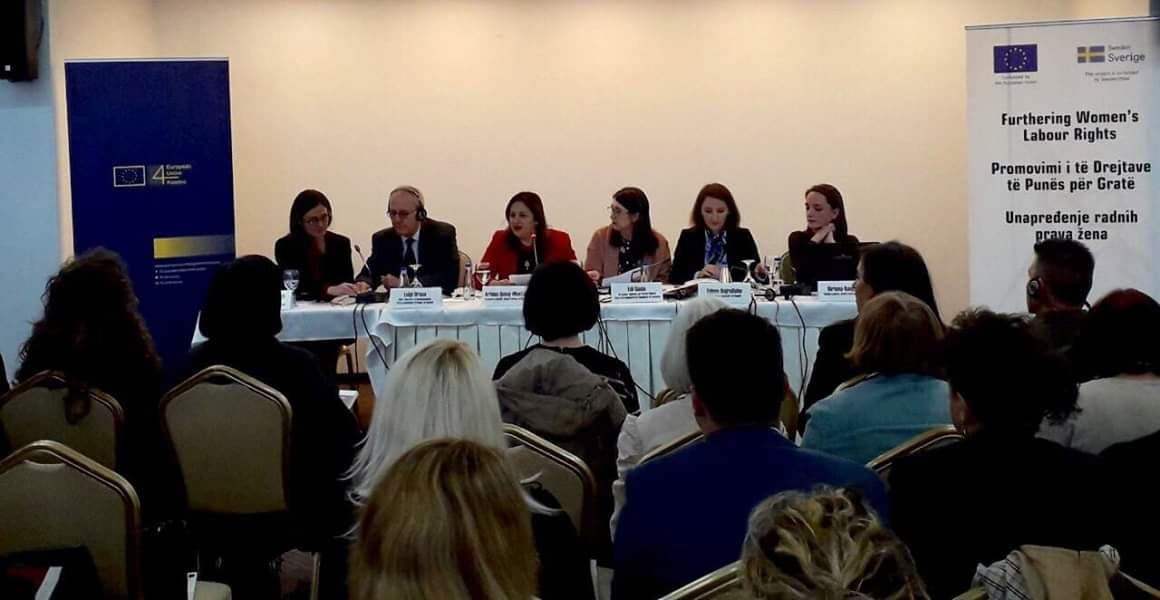|
Indicator |
Female |
Male |
|
Juvenile crime suspects |
2-4% |
96-8% |
|
Property owners |
7.9% |
83.4% |
|
Persons repatriated (2010) |
22% |
78% |
|
Presidents (ever) |
1 |
5 |
|
Prime Ministers (ever) |
0 |
6 |
|
National Assembly Members |
40 |
80 |
|
Chairs of Assembly Committees |
1 |
8 |
|
Mayors |
1 |
32 |
|
Municipal Directors of Directorates |
4.4% |
94.6% |
|
Municipal Assembly Members |
34% |
66% |
|
Civil Service |
38% |
60% |
|
Gross Upper Secondary Enrolment |
88% |
96% |
|
Upper Secondary School Drop out |
29% |
71% |
|
Labour Force Participation Rate 2012 |
17.8% |
55% |
|
Labour Force Participation Rate 2009 |
29% |
68% |
|
Unemployment |
40% |
28% |
|
Youth Unemployment |
63.8% |
52% |
|
Youth not in employment, education or training (NEET) 15-24 years |
40% |
31% |
|
Business owners |
8.2% |
91.8% |
|
Net income from Self Business |
8% |
92% |
|
Accounts at formal financial institutions |
31% |
57% |
|
% of women and men suffering domestic violence in their lifetimes (2008) |
46.4% |
39.6% |
|
Nr. and % of domestic violence victims (reported to police, 2013) |
869 80% |
220 20% |
|
Source: Country Gender Profile, 2014 |
||
- True equality: Equal representation is no longer defined as at least 40% of either gender, but rather as 50%. This includes at all levels of decision-making “in political and public life” (Art. 3.1.15 and 6.8)
- Stronger requirements for gender mainstreaming in government policies: The new Law explicitly defines and requires (Art. 5.1.3.) gender responsive budgeting and gender mainstreaming in all institutional policies (for bodies “at all levels of legislative, executive, judicial and other public institutions). This means including a gender perspective “into every stage of the process, planning, approval, implementation, monitoring and evaluation of legislation, policies or programs and budgets, in all political, economic and social areas”
- Clearer responsibilities: No longer condemned to photocopying alone (as many officers once were), the new law outlines very specific duties and responsibilities for Gender Equality Officers, who should be appointed in every Ministry and Municipality in Kosovo (Art. 12).
- Improved definition of sexual harassment (Art. 3.1.12) and forbidding the victimization of persons who report it (Art. 4.6, 17.1.14).
- Stronger fines for (some) violations of the law, including for the private sector.
- Gender Identity: the new Law now extends to persons who identify with different gender identities or sexes, beyond the previously simple categories of “women” and “men”, guaranteeing equal opportunities and treatment in all areas of public and private life. The Law protects persons of different “gender-related identity, appearance or other gender-related characteristics of a person (whether by way of medical intervention or not), with or without regard to the person’s designated sex at birth” (Art. 3.1.9).
- Power to mainstream gender: The Agency for Gender Equality remains in the Office of the Prime Minister, at a high level from which it can encourage, further, and monitor the implementation of the Law.
- Gender disaggregated data collected, recorded, and submitted to the Agency of Statistics by all institutions.
- Improved description of what constitutes gender discrimination in employment (Art. 15).
- Misunderstands the concept of affirmative action. While the Law importantly foresees special measures (Art. 6), such as “preferential treatment, recruitment, hiring and promotion”, these are almost entirely undermined and become convoluted and confusing in the paragraphs that follow. Affirmative actions are important for furthering gender equality based on the assumption that 1) equality is important in itself; and 2) if one gender is under-represented in decision-making, then public policies and programs may not meet the needs of all people, even involving indirect discrimination.
- Some funky definitions and terms: Some last minute changes to the Law revised significantly the definitions that had been written by gender experts. Sex (male and female) refers to biological traits. Gender refers to women and men and the social roles ascribed to them by the society in which they live. However, the new law often uses women/female and men/male interchangeably and inaccurately. It is unfortunate that a Law focusing on gender equality inaccurately defines these key terms and often confuses basic concepts relating to gender equality.
- Declarative articles: While fines exist for some articles and others may be addressed through the procedures foreseen in the Anti-Discrimination Law or Criminal Code, several articles are merely declarative without any clear means of enforcement.
- Strong enough teeth? While the law foresees fines for some violations, ranging from €300 to €900, these fines may be insufficient for preventing individuals or companies from engaging in gender-based discrimination.
- Mechanisms for implementation? A key issue with the previous Law on Gender Equality was that the mechanisms for reporting violations of the Law were unclear. While fines exist for violations of some articles, it remains questionable what the recourse will be for violations of other articles.
Adopted on 28 May, the new Law on Gender Equality (No. 05/L -020) was published in the Official Gazette of the Republic of Kosovo on 26 June 2015 and has already entered into force. The Law is available online at: https://gzk.rks-gov.net/ActDetail.aspx?ActID=10923. Want to continue the debate? Leave a comment about this article on our Facebook page: Kosova Women’s Network.

